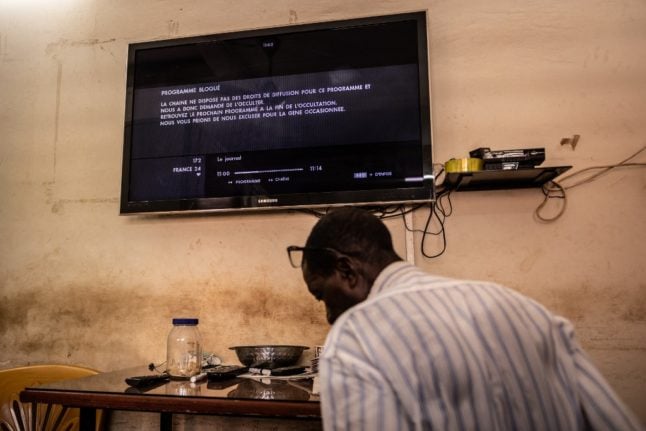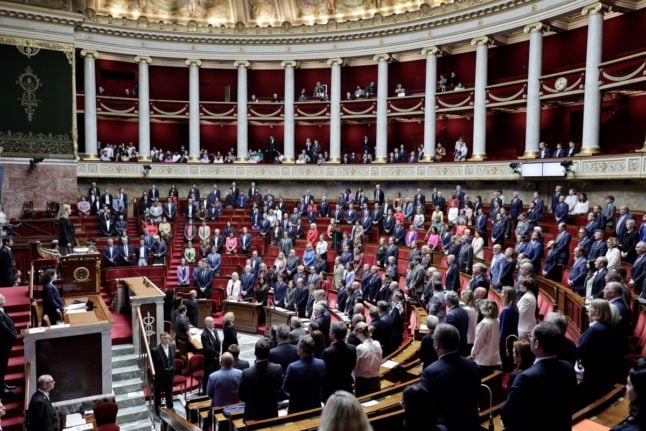“Our correspondent in Burkina Faso, Sophie Douce, has been expelled from the country… at the same time as her colleague from Liberation, Agnes Faivre,” Le Monde said on its website, denouncing the move as “arbitrary” and “unacceptable”.
The two women landed in Paris early on Sunday after being expelled late on Saturday, Le Monde said.
On Monday, the military junta running Burkina suspended all broadcasts by the France 24 news channel, after it interviewed the head of Al-Qaeda North Africa.
Burkina Faso, which witnessed two coups last year, is battling a jihadist insurgency that spilled over from neighbouring Mali in 2015.
In December, the Burkina junta suspended Radio France Internationale (RFI), which belongs to the same France Medias Monde group as France 24, accusing the radio station of airing a “message of intimidation” attributed to a “terrorist chief”.
Both RFI and France 24, which cover African affairs closely and are popular in African francophone nations, have been suspended in neighbouring Mali, which is also run by a military junta fighting jihadist forces.



 Please whitelist us to continue reading.
Please whitelist us to continue reading.
Member comments